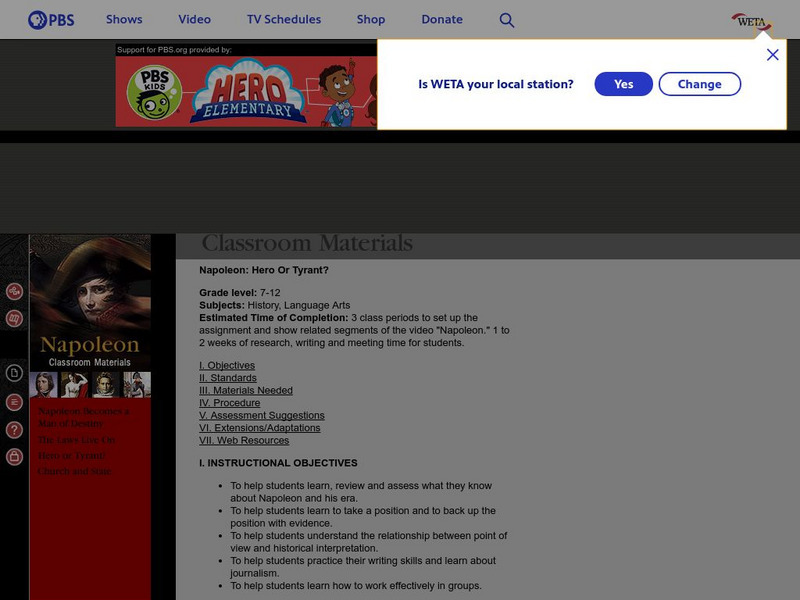Curated OER
History is a Series of Decisions
Students examine cause and effect. In this American Revolution lesson, students analyze primary source documents regarding the Stamp Act, the Boston Massacre, and George Washington. Students imagine if the events had unfolded differently...
Curated OER
A Picture is Worth a Thousand Words: How to Analyze a Historic Photograph
Students analyze historical images. In this primary source analysis lesson, students examine an photograph of Hershey, PA from the 1920's. Students collaborate with one another and their instructor to note the details in the photograph...
Curated OER
Smoky Night
Second graders compare the neighborhoods they know to those of a different place and time. In this historical perspectives lesson, 2nd graders read Eve Bunting's Smoky Night and discuss the outcome of the story. Students also discuss...
Curated OER
Background Knowledge and Making Connections
Students investigate what they know about the Holocaust. In this historical perspectives lesson, students complete KWL charts about Hitler and the Holocaust and create found poems on the topic prior to reading Wiesel's "Night."
Curated OER
Cold War Chronology
In this Cold War learning exercise, students examine the chronological list of important events between 1945 and 1991. Students then respond to 7 short answer questions based on the chronology.
Curated OER
Urbanization
Learners examine the impact of urban change. In this Indiana history instructional activity, students read excerpts of The World Does Move by Booth Tarkington and then research the noted Web sites about the urbanization of Indianapolis....
Curated OER
New York Girls Ask the President for a CCC of Their Own
In this primary source analysis worksheet, students analyze a letter from young women in want of CCC jobs of their own during Great Depression. Students respond to 3 short answer questions about the letter to Roosevelt.
Curated OER
Writing to Learn History: Annotations and Mini-Writes
Students use their critical thinking skills to write about historical events. In this historical perspectives lesson plan, students read documents about historical events and make annotations and marginal notes. Students then respond to...
Curated OER
Students Working in Local Historic Preservation
Students develop an appreciation of history as they volunteer their time in historical museums. In this historical perspectives lesson plan, students work with valuable local documents as they aid the staff of selected local historical...
Curated OER
Who Tells the Story? Defining History
Seventh graders examine historical perspectives. In this historical writing lesson, 7th graders discuss their definitions of history and then discuss perspectives of history. As a culminating activity, students write narrative stories...
Curated OER
Cemetery Mapping Lesson
Eighth graders explore historical records. In this cemetery mapping lesson, 8th graders analyze local community data as they examine gravestones and read epitaphs.
Curated OER
The Union is Perpetual: Lincoln is Elected
Students take a closer look at the election of Abraham Lincoln. In this historical analysis lesson, students analyze letters, political cartoons, and campaign materials from Lincoln's campaign. Analysis worksheets are included.
Curated OER
Southern Perspective on Reconstruction
Students analyze historical perspectives. For this Reconstruction lesson, students compare and contrast the Northern and Southern views on Reconstruction as they analyze letters from Robert E. Lee and read Confederate Military History.
Curated OER
Prairie Voices: Spare Time
Students examine forms of recreation throughout the last 150 years. For this leisure time lesson, students investigate leisure activities in pre- and post-industrial society as they listen to a teacher-led lecture and discuss their...
Curated OER
Essay Exchange Unit: Response to Essays
Students receive and read electronic reviews of their essays.
Cengage Learning
Literature of Discovery and Exploration
Teaching approach that examines the writings of European New World explorers from the late 1400s through the 1600s. Includes Christopher Columbus, Alvar Nunez Cabeza de Vaca, Rene Goulaine de Laudonniere, Pedro Menendez de Aviles, Fray...
Cengage Learning
Henry David Thoreau (1817 1862)
This lesson plan discusses teaching students the themes found in Henry David Thoreau. Describes historical perspectives and influences, form, style, and artistic conventions, and the original audience for his work. Includes study...
Digital History
Digital History: An Intro to the Study of History: The Four Questions [Pdf]
How does one study history? Find four basic questions that historians use to examine events in an effort to explain them and put them in historical context. By examining the Battle of Lexington and Concord, students can practice using...
Library of Congress
Loc: Explorations in American Environmental History
These lessons introduce students to historical perspectives of nature and the environment, drawing on the American Memory collections, other digital resources, readings, and writing exercises. Students examine materials in a variety of...
PBS
Pbs Teachers: Was Napoleon a Hero or Tyrant? (Lesson Plan)
In this lesson, students examine comments from contemporary historians and come to their own conclusions as to whether Napoleon should be defined as a hero or a tyrant. They will explore and discuss historical viewpoints after Napoleon's...



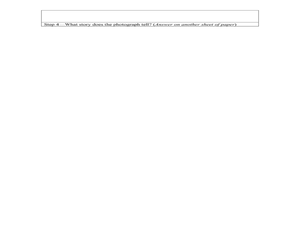





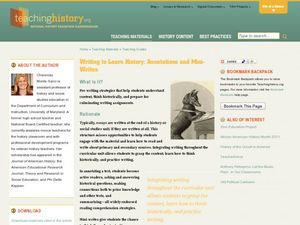
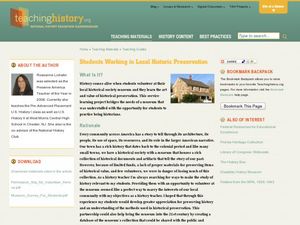
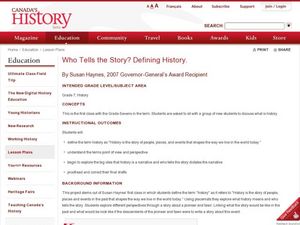
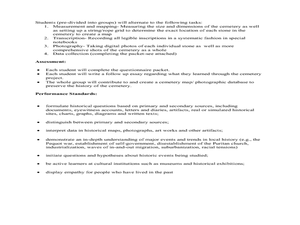




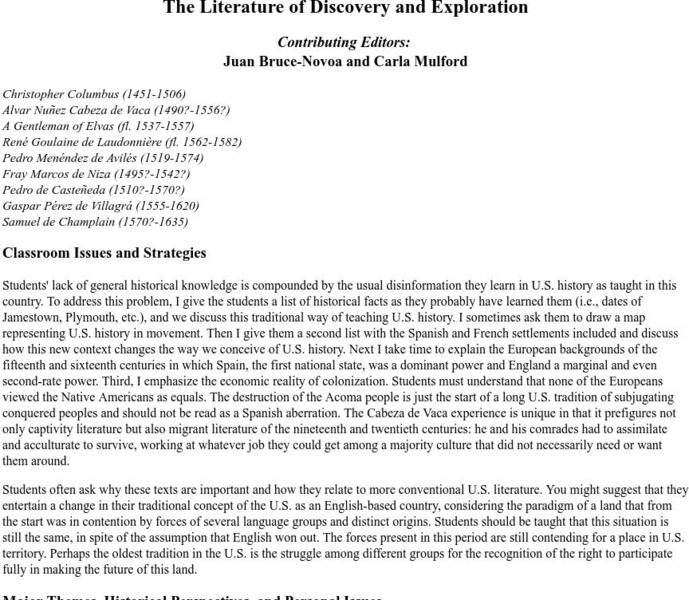
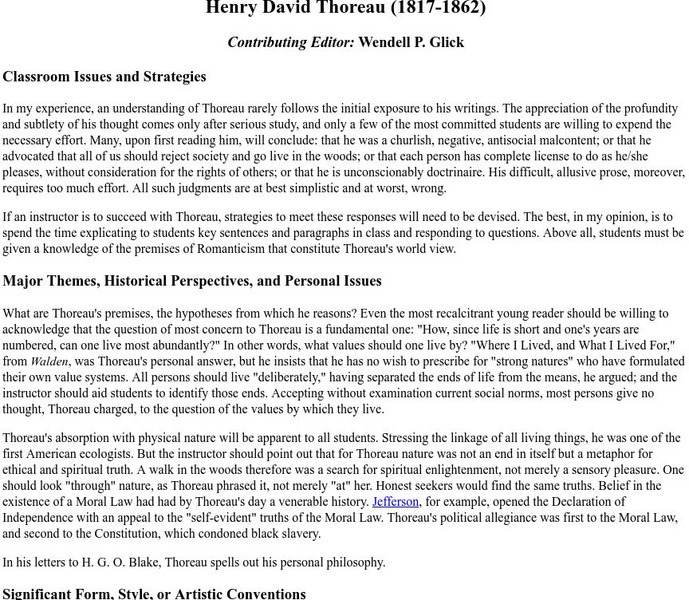
![Digital History: An Intro to the Study of History: The Four Questions [Pdf] Website Digital History: An Intro to the Study of History: The Four Questions [Pdf] Website](https://d15y2dacu3jp90.cloudfront.net/images/attachment_defaults/resource/large/FPO-knovation.png)

